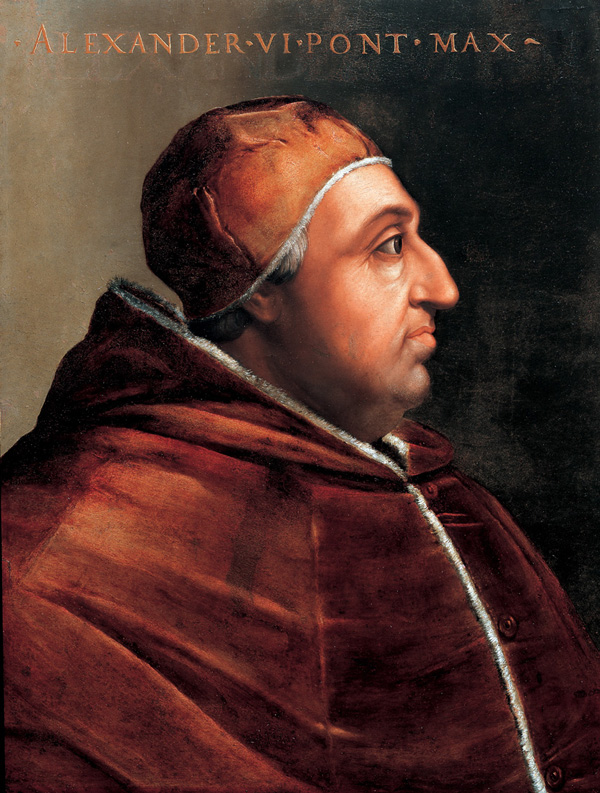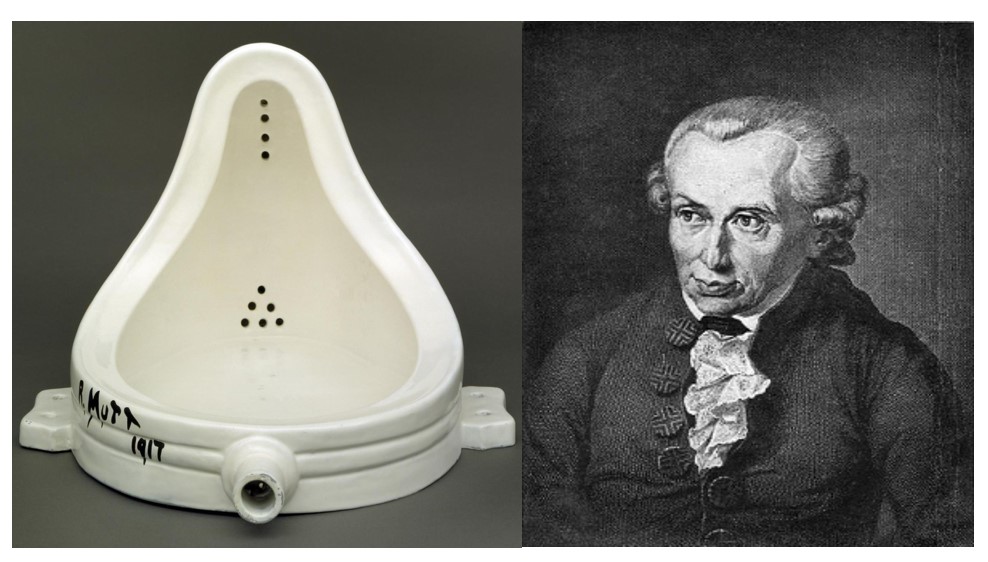*Ayn Rand and Contemporary Business Ethics* — e-book version
My essay on “Ayn Rand and Contemporary Business Ethics” is available in e-book format. The essay has gotten very good mileage, so to speak, since being first published in The Journal of Accounting, Ethics & Public Policy. It has been translated into German, Portuguese, Spanish, and Korean, and in English it is available at the […]
*Ayn Rand and Contemporary Business Ethics* — e-book version Read More »

